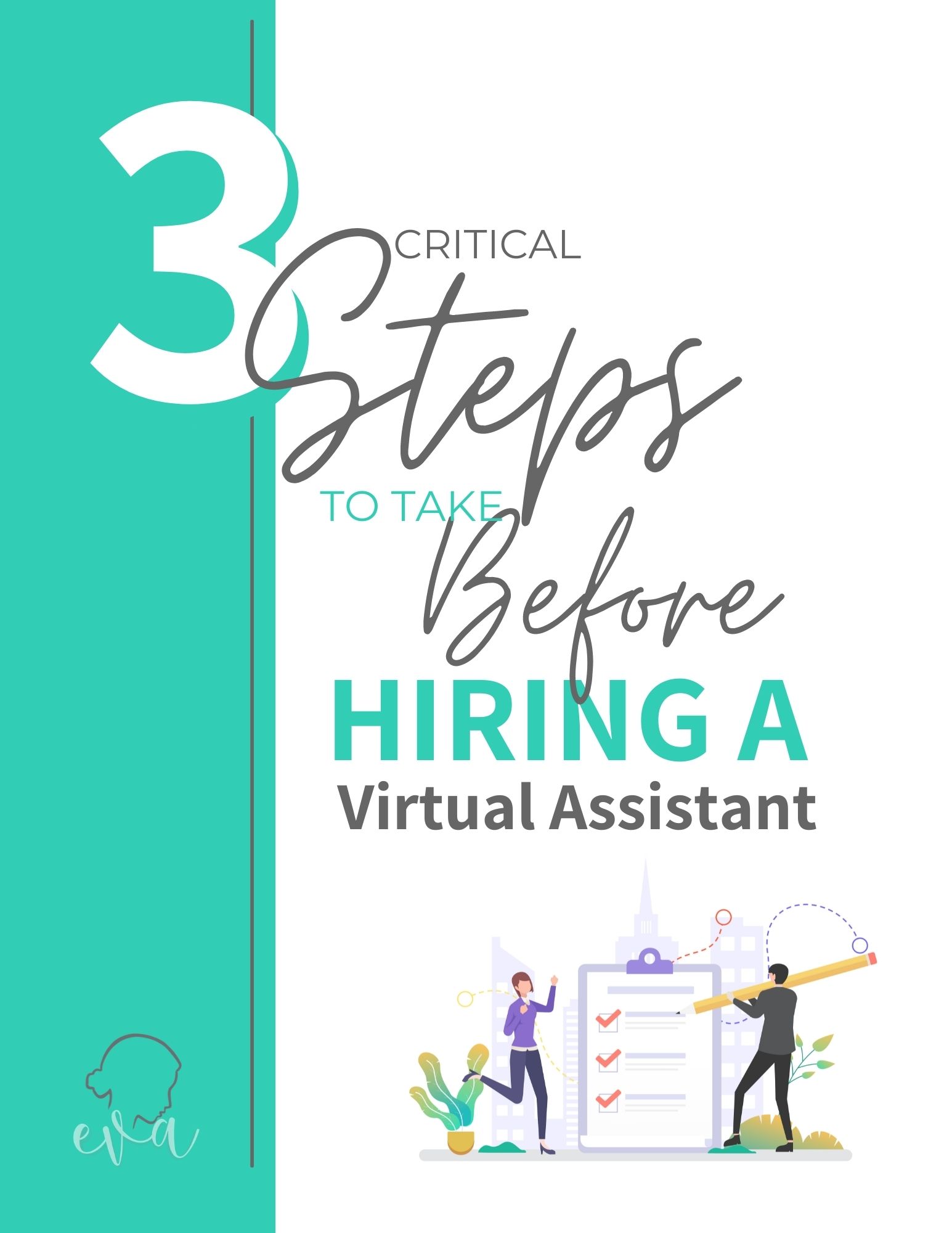Personal Security is our priority at EVA. How can you trust a Virtual Assistant with your personal information when they’re so far away? It really isn’t any different than trusting an in-house employee with the same information, and there isn’t a one-size-fits-all answer. Building trust with your Virtual Assistant may seem obvious, but is something that is earned over time, not given upfront.
While you’re waiting for that to happen, there are a few options for sharing your important information with those who need it and also keeping it secure.
Password Managers
There are many Password Manager programs that allow Virtual Assistants to log in to your account without seeing your passwords. The usernames and passwords are encrypted in the program itself, keeping all of your information in one place. Your Virtual Assistant can log into the program and navigate to the websites you have put in place.
This allows a VA or anyone you choose, including yourself, to log in to your accounts without having direct access to your passwords (which also helps you have one place to go where all of your password information is stored). You can choose the level of access each user will have for the websites you load in the manager, from being able to view information or edit and make changes. A few of these programs are:
Some information you can store on these sites are:
- Credit Card Information
- Social Media Channels
- Bank Information
- Secure Notes
- Email Accounts
Non-Disclosure Agreement
Although most VA firms will have verbiage in their services contract on protecting clients’ information, many companies also opt to include a Non-Disclosure Agreement with more specific information. An NDA is a legal contract between at least two parties that outlines confidential material, knowledge, or information that each party wishes to share with one another for certain purposes, but restricts access to a third party.
There are 2 different types of NDA’s, a Unilateral and a Bilateral. Understanding and having an NDA in place is a good idea for companies to protect information and ideas, regardless of whether you have in-house employees or a remote worker like a Virtual Assistant.
Don’t Be Blind
Having a checks and balances system in place is always your best bet to stay on top of everything. When you’re getting started, always keep an eye on what someone is doing for you, whether they are an in-house or Virtual Assistant. You still need to take the time to follow up with your VA just like you would an employee in your office. If you’re allowing someone to use your credit card to make purchases, keep track of your card activity. If you’re allowing someone to post content on social media, make sure you’re monitoring what they’re posting.
If something doesn’t seem right or seems out of line, bring it to their attention immediately. Taking the time in the beginning to put some security systems in place and following up until that trust is established is your secret to virtual success!
Find your perfect match, right here at EVA! Schedule a call below.

